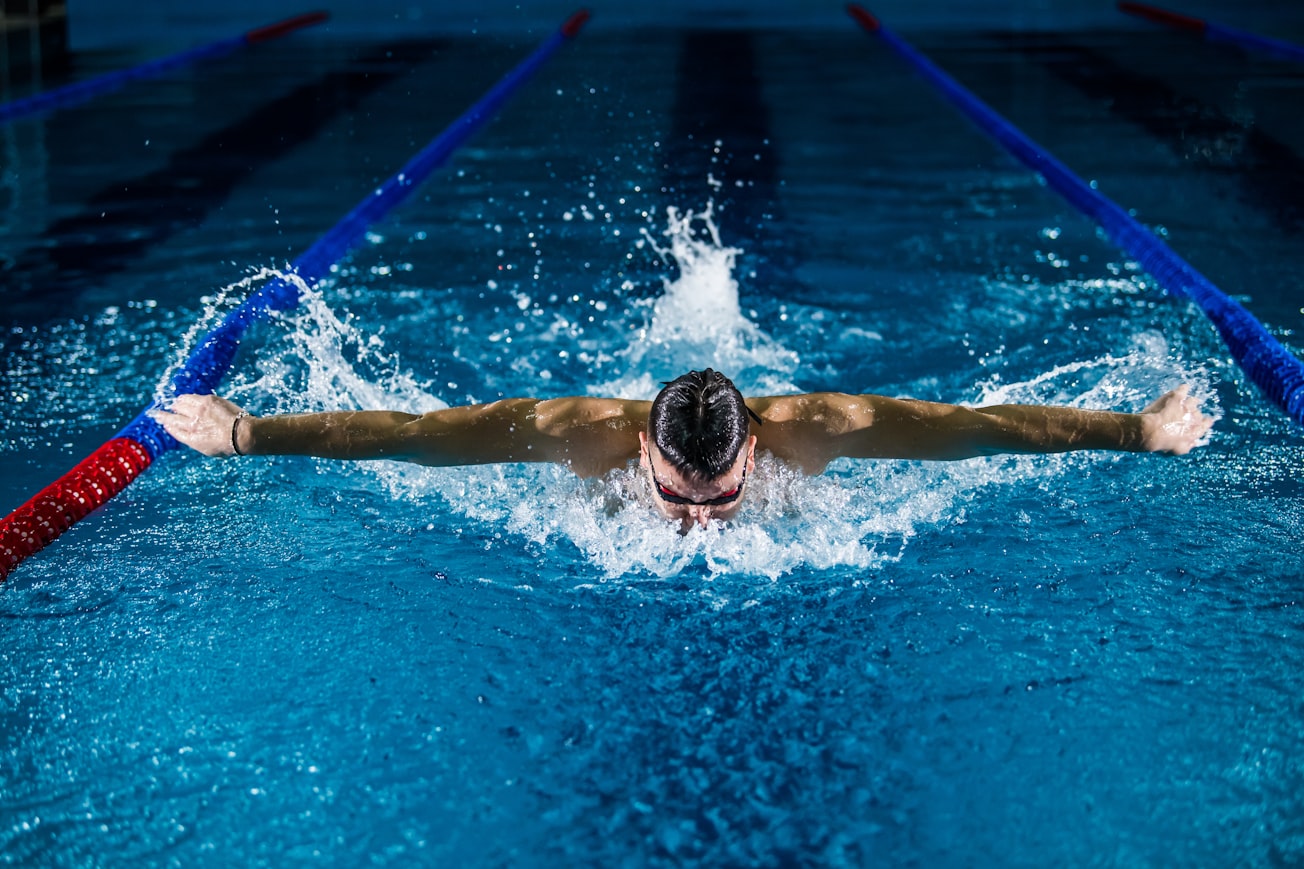What is it about?
In this article, we address a gap in the sociology of the senses, by employing sociological phenomenology to illuminate the under-researched sense of temperature, as lived by a social group for whom water temperature is particularly salient: competitive pool swimmers. The research contributes to a developing ‘sensory sociology’ that highlights the importance of the socio-cultural framing of the senses and ‘sensory work’, but where there remains a dearth of sociological exploration into senses extending beyond the ‘classic five’ sensorium. Drawing on data from a three-year ethnographic study of competitive swimmers in the UK, our analysis explores the rich sensuousities of swimming, and highlights the role of temperature as fundamentally affecting the affordances offered by the aquatic environment. The article contributes original theoretical perspectives to the sociology of the senses and of sport in addressing the ways in which social actors in the aquatic environment interact, both intersubjectively and intercorporeally, as thermal beings.
Featured Image

Photo by Gentrit Sylejmani on Unsplash
Why is it important?
Despite a growing literature on the sociology of the senses, thermoception or the lived sense of temperature remains under-researched. Here, we consider a social and physical-cultural group for whom water temperature is particularly salient: competitive pool swimmers. The research contributes to a developing ‘sensory sociology’ that highlights the importance of the socio-cultural framing of the senses and ‘sensory work’, but where there remains a dearth of sociological exploration into senses extending beyond the ‘classic five’.
Read the Original
This page is a summary of: Sensory sociological phenomenology, somatic learning and ‘lived’ temperature in competitive pool swimming, The Sociological Review, March 2020, SAGE Publications,
DOI: 10.1177/0038026120915149.
You can read the full text:
Contributors
The following have contributed to this page







